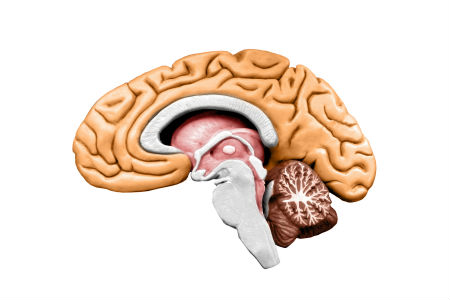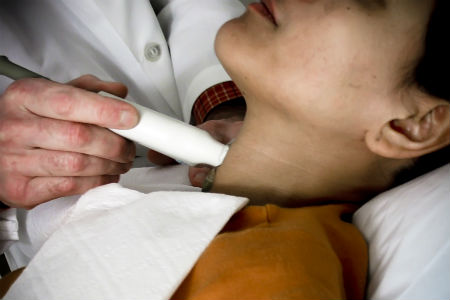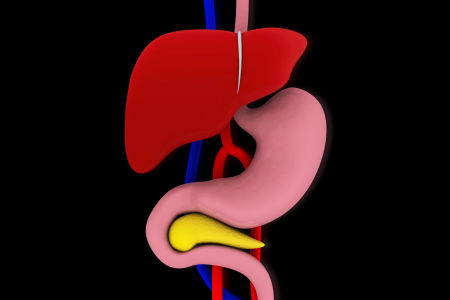10) Your Ovaries
Your ovaries are found in your pelvis on both sides of your uterus. They produce egg cells, and keep your reproductive system healthy.
Your ovaries produce hormones, the most important of which are estrogen and progesterone. Estrogen is key to development of your breasts and reproductive organs, and distribution of fat to your breasts, hips and legs. Estrogen and progesterone also regulate menstruation.
Depending on whether or not pregnancy occurs following ovulation, the hormones released will either trigger a menstrual period or take care of, nurture and protect a fetus.
At the end of your childbearing years, these hormones will monitor menopause, when it will occur, and what symptoms may come with it.
Your ovaries' hormones are paramount in determining and carrying out the development of your physiology and your fertility.
Diseases that can occur within your ovaries include menstrual cycle disorders, ovarian cancer, ovarian cysts and polycystic ovarian syndrome.
Sources:
An Overview of the Ovaries
http://www.endocrineweb.com/endocrinology/overview-ovaries


















Add a CommentComments
There are no comments yet. Be the first one and get the conversation started!